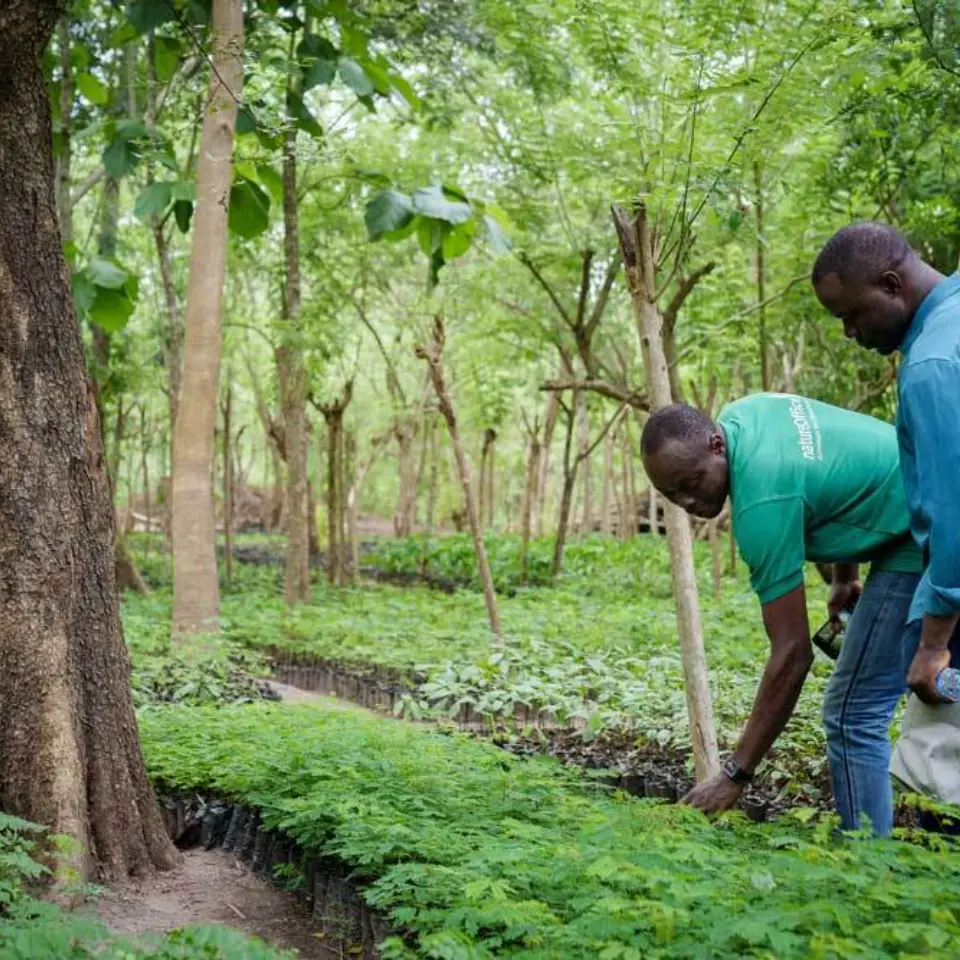
Reforestation & social issues - Togo
PROJECT TOGO
Planting trees, building schools. In Togo, we do both at the same time. Because climate protection works best with people.
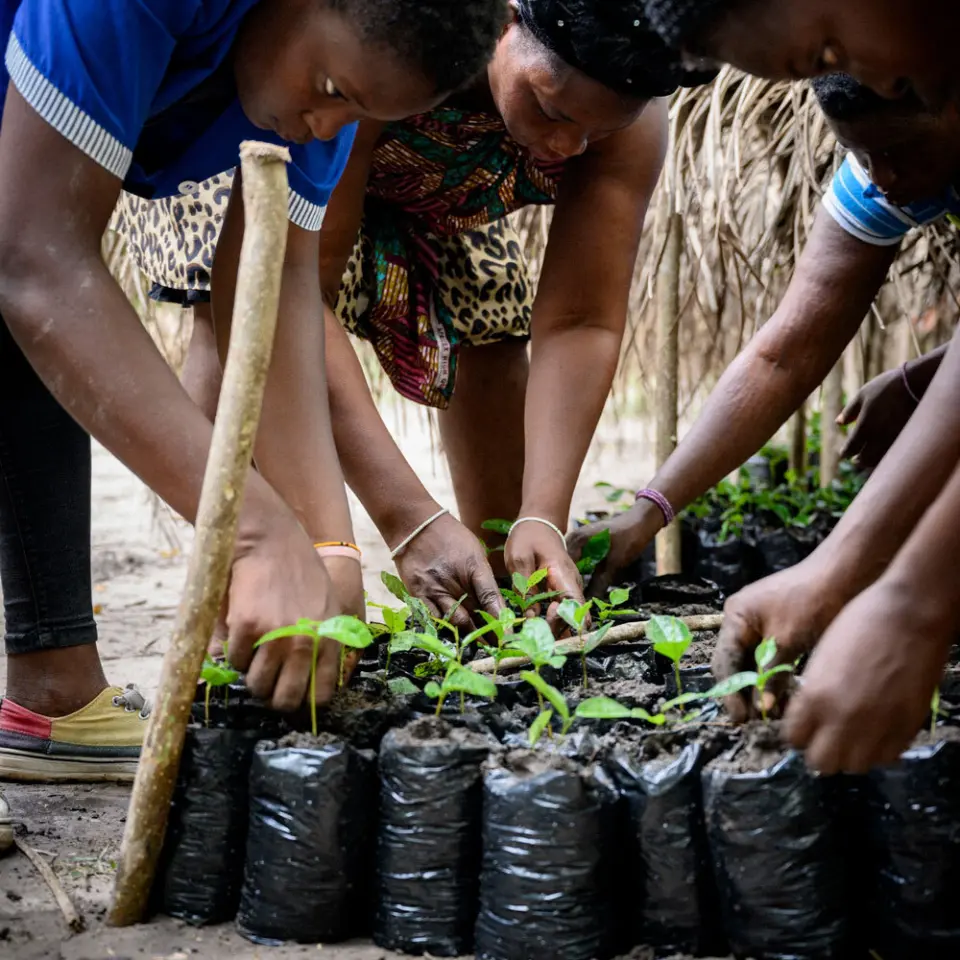
Targeted reforestation for CO₂ compensation makes offsetting emissions tangible and effective. Natural forest afforestation makes it possible - simple, effective, measurable. The principle: we rely on stable mixed forests instead of monocultures and on projects in which every tree planted counts. In this way, CO₂ is not just "offset", but processed into new life.
For your company, this means that by reforesting, you are offsetting CO₂ with real added value - for climate protection, biodiversity and promoting development. And you see how your decision visibly and step by step creates real forest.
A natural forest is created where nature is in charge: Different native tree species grow together, there are different age groups and the entire ecosystem functions permanently without intensive human intervention. In contrast to plantation forests, natural forest afforestation always focuses on diversity and sustainability, which makes carbon offsetting through afforestation particularly effective. The opposite of plantations, which only focus on quick yields and a maximum of two tree species.
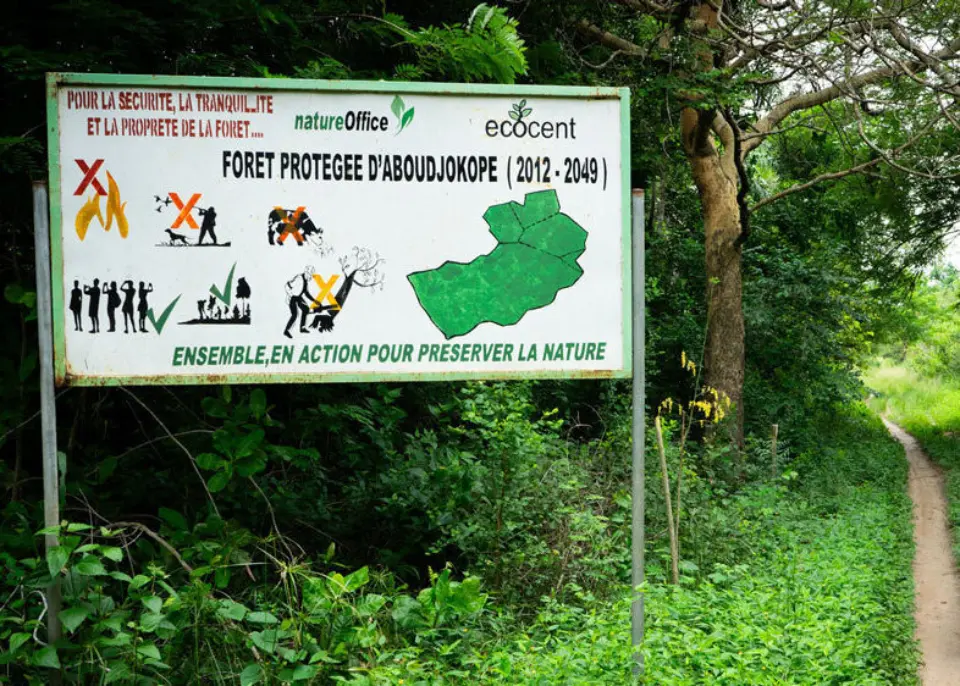
With targeted natural forest afforestation, we bring back this diversity where it has been lost. On fallow or degraded areas, we plant locally adapted and resistant tree species that grow into stable mixed forests over the years. The aim is not to plant as many trees as quickly as possible, but to establish sustainable forests that will still function decades later - for the climate, biodiversity and local people.
With every tree planted, not only does a piece of the future grow, but also a natural CO₂ reservoir that visibly offsets your emissions and has many positive side effects for the environment and society.
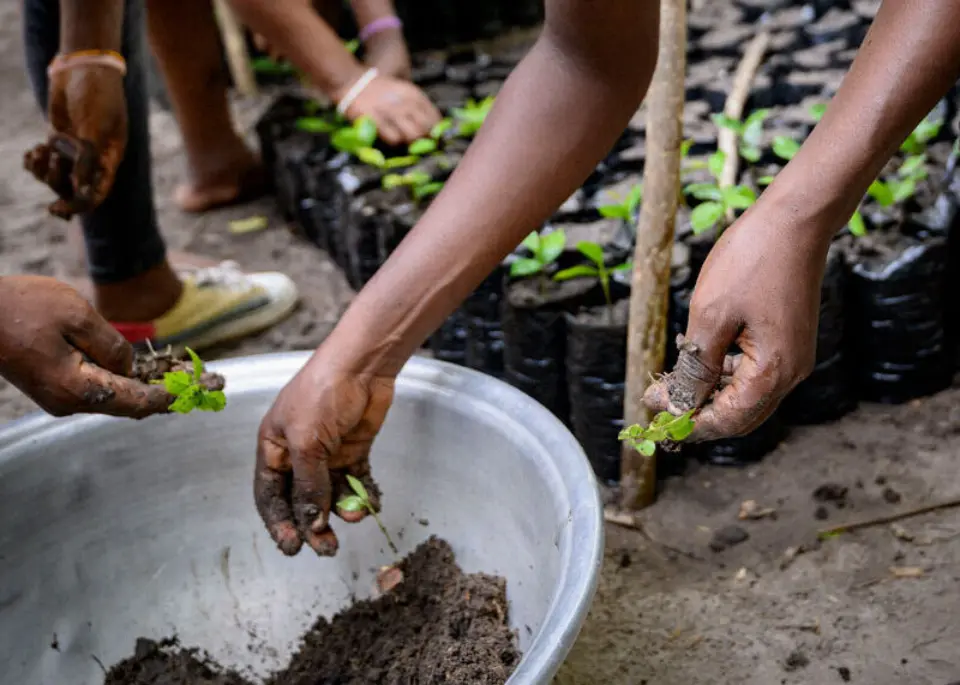

Trees bind CO₂ - but stable, mixed forests store it permanently and at the same time protect the climate, water balance and soil.

Over 80 different tree species, numerous animals and plants - this is biodiversity that makes monocultures look old.

Natural forests regulate the water cycle, prevent erosion and preserve the fertility of the soil.

They create green oases, secure sources of income for local communities and promote new perspectives.
West Africa was once covered by dense rainforest - today huge areas are bare, depleted and barely usable. Especially in countries like Togo, sustainable reforestation brings double benefits: it protects regions at risk of climate change, stabilizes local living conditions and promotes carbon offsetting through reforestation in one of the most effective locations of all. In this way, you support development, climate protection and biodiversity directly where change is particularly needed.
Our natural forest afforestation follows a clear, tried and tested plan:
Only fallow land that is not needed for agriculture in the long term and does not displace intact forests is afforested.
Native tree species are pre-grown in local tree nurseries and planted at the best time.
The seedlings are planted in time for the rainy season - and are intensively cared for, shaded, tended and continuously documented in the first few years.
We protect the areas from fire, illegal use and monitor growth - for lasting success on the spot.
The areas are secured and managed in close partnership with local communities for at least 60 years.
Our reforestation areas are fallow land that is no longer used for agriculture or food production - mostly depleted, degraded soils that recover through reforestation. This directly links carbon offsetting with local development and sustainable land use. We always work with local partners, communities and families who make the land available for the project permanently and reliably.
At PROJECT TOGO, an ambitious climate protection project in Africa, we focus on maximum transparency without standard bureaucracy. Regular stakeholder consultations, public reports and independent inventories provide the necessary control. In our decommissioning register, you can see exactly which certificates have been decommissioned, when and for whom.
Here you can then link to the Project Togo page, the target KW "Climate protection projects Africa" is then included in the anchor text in a modified form.
You can download all test reports, inventories and project documents here. Because climate protection only works if it is transparent.

forestsolution has independently assessed the current project status. This assessment was carried out on the initiative of the project developer and supplements the regular project inspections.
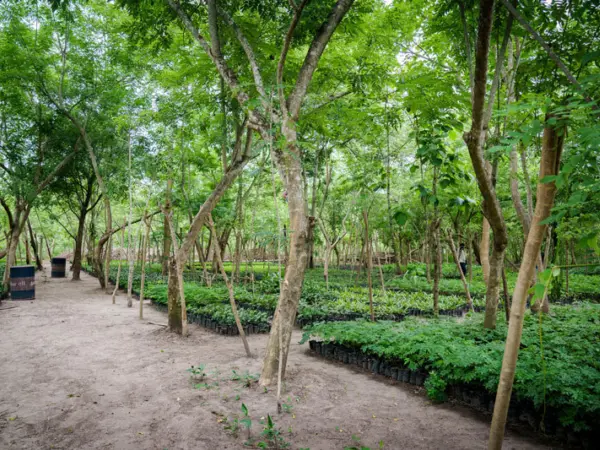
GFA Certification hat die Erweiterung des Projektgebiets geprüft und zertifiziert. Der Bericht vom Juli 2017 wurde im August überarbeitet und liegt nun in der finalen Version vor.
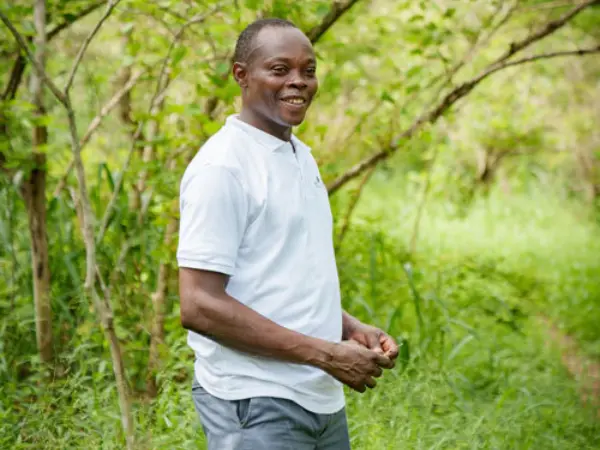
TÜV SÜD hat das Aufforstungsprojekt nach CarbonFix-Standard geprüft und zertifiziert. Der 89-seitige Bericht dokumentiert die vollständige Bewertung aller Projektkriterien und empfiehlt das Projekt zur Registrierung.
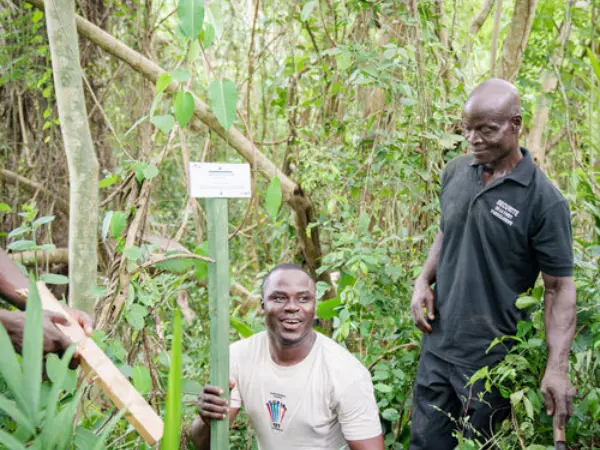
Projekt Togo wechselt vom CarbonFix- zum Gold Standard-System.
Your emissions here, our trees there - we explain to you in three simple steps how this becomes a traceable CO₂ offset.
We take a close look at your greenhouse gases - not just CO₂, but also methane & co. The whole thing is converted into CO₂ equivalents - making it comparable and tangible.
We offset your unavoidable emissions by planting and growing trees at PROJECT TOGO. And to make sure it doesn't remain a fairy tale, our teams regularly measure each tree and document its growth on site.
Based on the measured tree growth, we calculate exactly how much CO₂ has been permanently stored. There is an official certificate for every proven tonne of CO₂: transparent, traceable and guaranteed genuine.
Reforestation is the targeted planting of trees on areas that were previously not forested or have lost their forest character. It is not just about planting seedlings, but about the long-term development of stable forest ecosystems.
CO₂ certificates are tradable proof of greenhouse gas savings or sequestration. One certificate corresponds to one tonne of CO₂ equivalent. Companies can buy these certificates to offset their own emissions. After purchase, the certificates are retired so that they cannot be used more than once.
CO₂ equivalents are a unit of measurement that makes different greenhouse gases comparable. As not all greenhouse gases are equally harmful to the climate, their effect is converted to that of CO₂. This turns methane, nitrous oxide and other gases into a uniform quantity: tons of CO₂ equivalent.
CO₂ emissions are calculated in accordance with internationally recognized standards. All of a company's activities are recorded and multiplied by corresponding emission factors. The result is the CO₂ balance sheet, the basis for all further climate protection measures.
Trustworthy projects are characterized by transparency, regular checks and comprehensible documentation. They should create additional benefits beyond carbon sequestration and involve the local population. It is also important that the projects are designed for the long term and do not just achieve short-term effects.